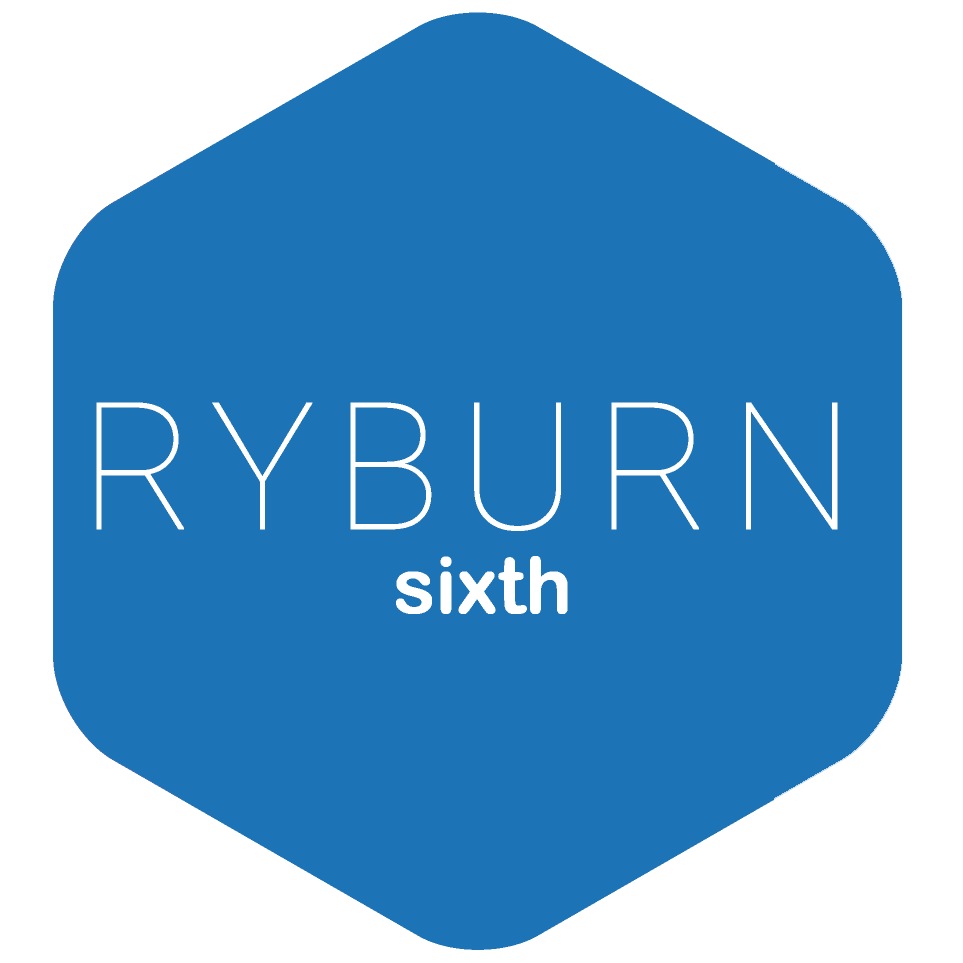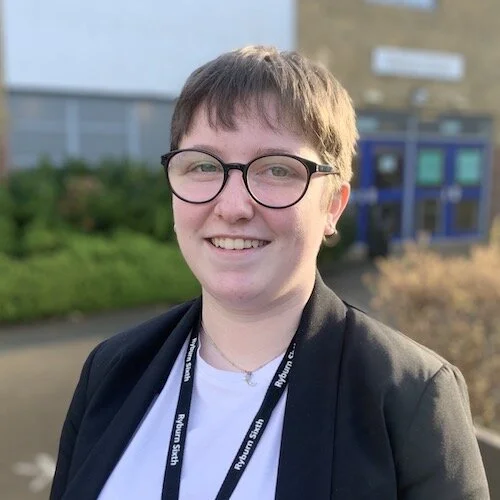Study the Extended Project (EPQ)
at Ryburn Sixth
What is the Extended Project?
The Extended Project Qualification (EPQ) is a level 3 qualification which involves students choosing a topic, carrying out research, and producing a report, which can be a dissertation, or another form such as a website, video or even a physical object, referred to as an artefact.
There is a taught element to the course, which teaches you how to research and approach your project. But the larger part of the course is down to you; independently researching and preparing your project. You’re supported by a supervisor, who checks in on your progress through the project.
If this sounds a little like university, you’d be right. The best way to develop the skills you need to succeed in further education and professional employment is through using them, and the best way to do that is through the EPQ. You’ll develop essential skills such as time management, research, planning, problem-solving and presentation.
It’s incredibly valuable if you decide to apply to university, especially if you choose a topic that is relevant to the subject you want to study. Some universities may even reduce entry requirements. The EPQ and the skills you develop will put you one step ahead.
“EPQs, which are worth half an A level, are increasingly popular with top universities. Bristol, Manchester, Southampton and Leeds are among a growing number prepared to lower their A-level grade requirements if applicants get an A or A* for their EPQ.”
What qualification will I get?
WJEC Level 3 Extended Project is currently graded A* to E and worth up to half an A level. An A* in the EPQ is worth 70 UCAS points, an A 60, B 50, C 40, D 30 and an E 20.
Your project is assessed in four areas: how well you manage your project, how you use resources, how well you develop and realise your work, and how you review and communicate.
How is the course structured?
Should I do an artefact or a dissertation?
ARTEFACT
Book
Music Album
Web page
Video documentary
Concert
Theatre production
Item of clothing
Piece of furniture
etc
You will need to show how your research went into your final outcome.
You will need to research your topic and how to make, present and organise your artefact.
DISSERTATION
An academic piece of writing exploring your area of research and coming to a conclusion which answers the question posed in the title.
You will need to present your research in an academic style.
You will focus on the content of the topic you are researching.
“I’d recommend the Extended Project to anyone who wants to push themselves. You can choose basically any topic that interests you, ideally something that links to what you want to do at university or in your career. I’m researching the impact of early intervention on autistic children.
It’s challenging because you have to be so independent and organised, but that’s why it develops such useful skills for the future.”
Case studies
The topics chosen for the Extended Project are as individual and wide ranging as our students. Here’s Elisha and Calum describing their respective topics: restorative justice and black holes.
find out more:
If you’d like to talk to us about whether the Extended Project is right for you, please contact Mr Fantom. You can also read this guide for more information on what the Extended Project involves.









